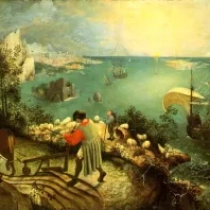 1525 - 1569
renaissance - northern
1525 - 1569
renaissance - northern
Description Pieter the Elder Bruegel
Pieter Bruegel the Elder, born around 1525 in the Netherlands, stands as a pivotal figure in Northern Renaissance art. His life unfolded against the backdrop of a Europe in flux, grappling with religious and political upheavals, and Bruegel's paintings became a mirror reflecting the complexities of his time.
Trained in Antwerp, Bruegel's early career saw his migration to Italy, absorbing the influences of Renaissance masters. However, his return to the Low Countries marked a shift towards capturing the everyday lives of common people. Bruegel's keen observational skills and penchant for detailed landscapes laid the foundation for his distinctive style.
His series of peasant scenes, like "The Peasant Wedding" and "The Peasant Dance," transcended mere genre painting, elevating rustic life to a profound commentary on human nature. Bruegel's ability to infuse ordinary scenes with symbolic depth set him apart, offering viewers a window into the complexities of 16th-century society.
Bruegel's fascination with nature extended to his landscapes, where he masterfully depicted the changing seasons and the harmonious coexistence of humanity and the natural world. "The Hunters in the Snow" and "The Tower of Babel" exemplify his intricate compositions and nuanced storytelling.
In addition to his genre and landscape works, Bruegel tackled religious themes. His "The Triumph of Death" and "The Way to Calvary" showcased his ability to weave profound narratives with a meticulous attention to detail.
The artist's social commentary extended to his satirical pieces, such as "The Netherlandish Proverbs," where he ingeniously portrayed a multitude of proverbs within a single composition, inviting viewers to decipher the hidden meanings.
Bruegel's legacy continued through his sons, particularly Pieter Brueghel the Younger, who carried on his father's artistic tradition. Despite his relatively short life, Bruegel's impact endured, influencing generations of artists and thinkers. His paintings transcended mere representation, offering timeless insights into the human condition.
Pieter Bruegel the Elder passed away in 1569, leaving behind a body of work that remains a testament to the power of art as a reflection of society. His ability to capture the diverse facets of humanity, from the mundane to the profound, secured his place as one of the most significant painters of the Northern Renaissance.
Gallery
Paintings Pieter the Elder Bruegel
Quotes
The rich and noble are like the animals, they do not know hunger.
In the land of the blind, the one-eyed man is king.
It is not enough to know how to paint; you must also know how to look at pictures.
The mind, once stretched by a new idea, never returns to its original dimensions.
The learned make a distinction between an artist and a painter. A painter is merely a skilled craftsman; an artist is he who takes what science supplies and makes it a new thing, expressing his understanding of it.
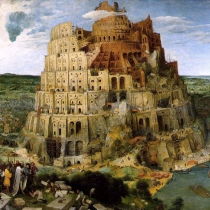
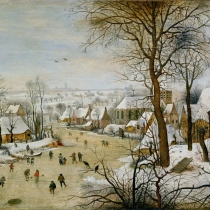
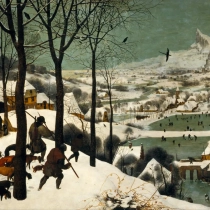
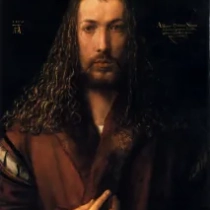
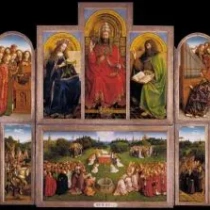
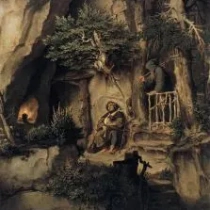
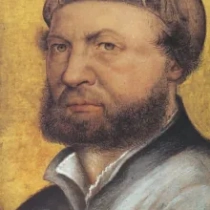
No Comments Yet...